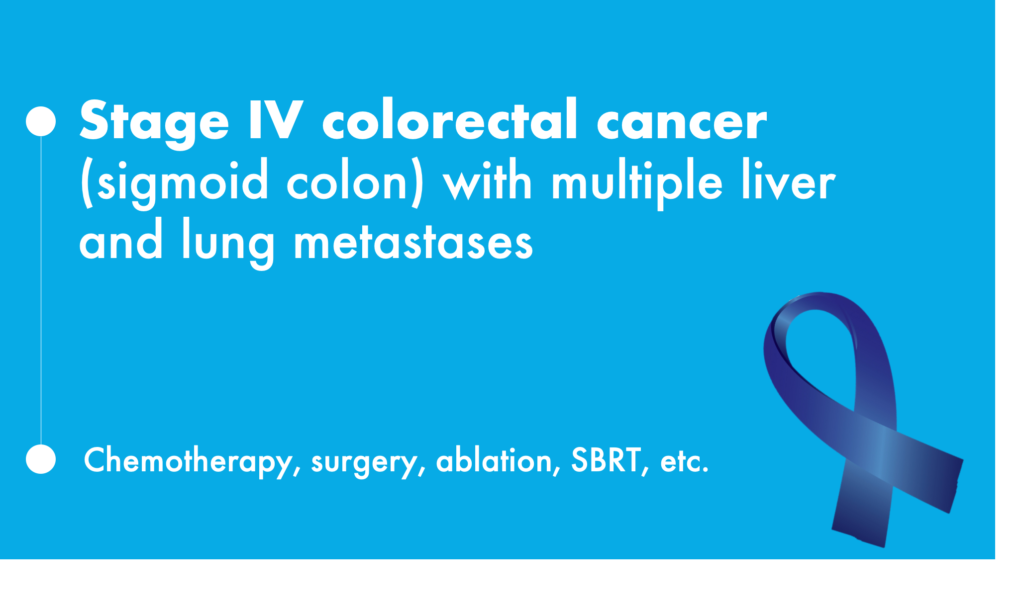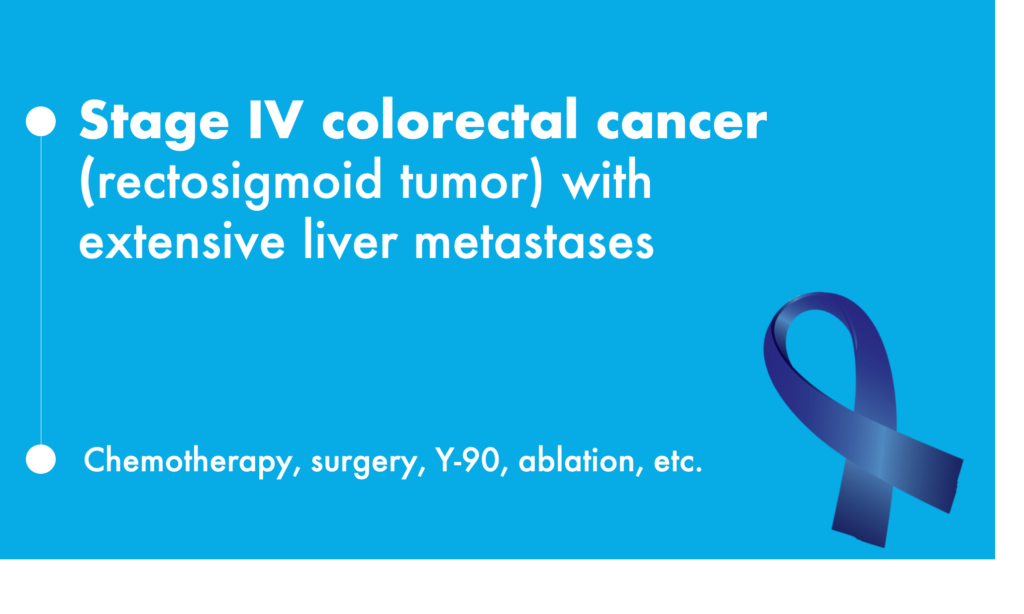“Case Selection” is a new format designed to highlight inspiring patient cases focused on challenging situations such as multiple recurrences, extensive metastases, rare subtypes, no longer response to standard treatments. Each case is derived exclusively from peer-reviewed medical journal case reports, rewritten by Patient Savvy in clear, easy-to-understand language without altering any critical information.
This collection highlights real stories of stage 4 colorectal cancer patients with extensive metastases to uncommon sites who achieved long-term survival through multiple lines of treatment—options often not fully detailed in standard guidelines (You can download FREE HERE). Their experiences show the power of self-advocacy and the importance of speaking with your doctor about personalized treatment paths.
Source: Colon Cancer Coalition
Source: City of Hope (Published in April 2023)
Source: Ouyang, et al. (2023). Frontiers in Oncology, 13, 1169616.
If you have any questions, or any stories to share with us, please feel free to leave a comment in the section below.


